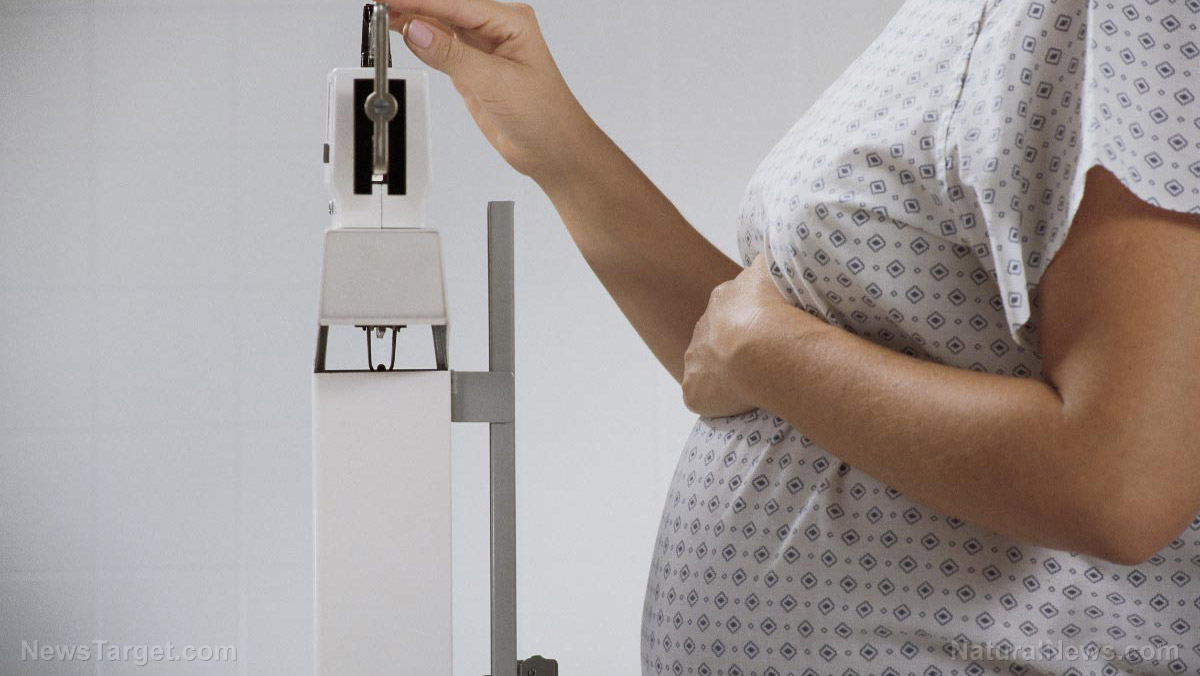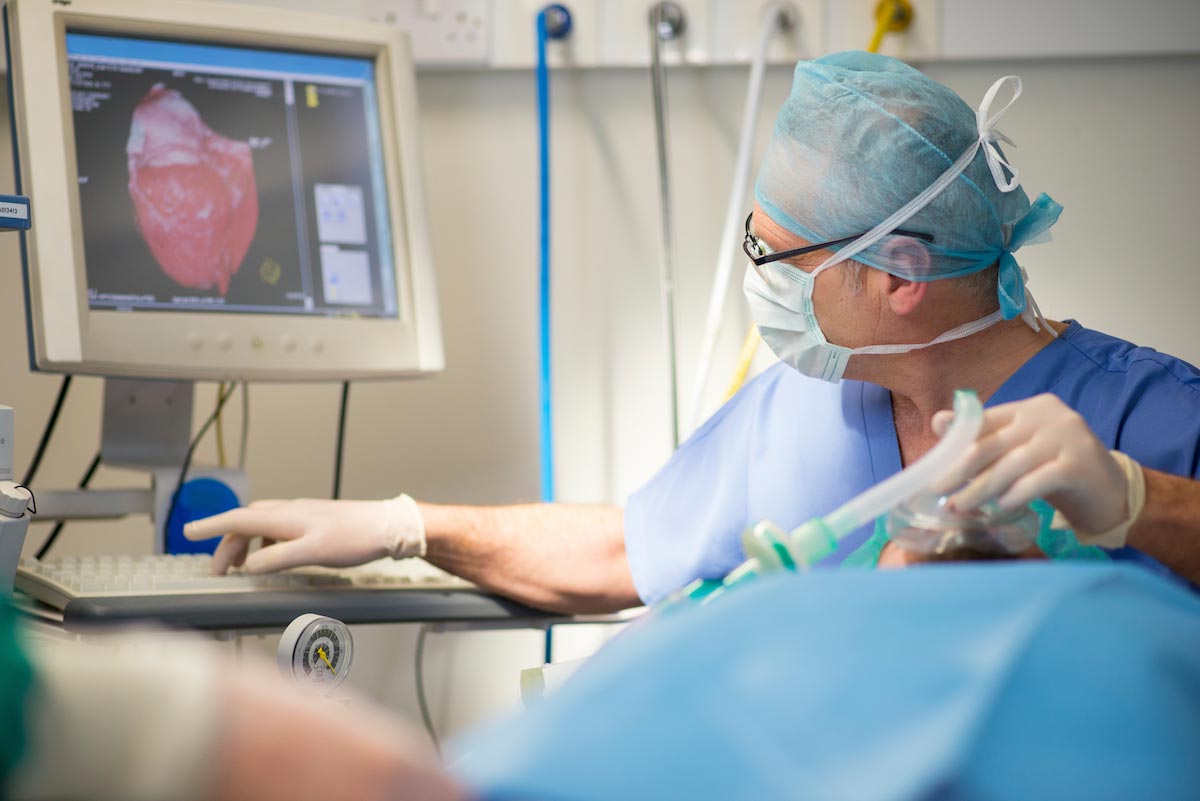RIDICULOUS: Researchers want children born to overweight mothers to lose the weight artificially; resulting in a potential drug problem
01/12/2019 / By Michelle Simmons

Instead of encouraging the young to lose weight naturally, researchers at the University of New South Wales (UNSW) in Sydney, Australia are attempting to prevent weight gain among children born to overweight mothers artificially. In a flabbergasting new study, scientists say that they can prevent childhood obesity by introducing them to a new drug that would boost metabolism.
“There is much excitement about improving metabolism pharmacologically in ways that might be helpful for people with obesity,” said Margaret Morris, lead author of the study.
A previous study made by the UNSW researchers in animal models revealed that overweight pregnant mice had more chances of giving birth to babies who had a higher risk of becoming obese later in life. However, they found that exercise can prevent the adverse effects of maternal obesity. (Related: Researchers conclude that drinking soda during pregnancy causes obesity in offspring.)
“But, we know that exercise for some people is difficult,” she reasoned out. “Therefore, the research field is interested in thinking about other approaches for this difficult issue to improve health.”
The researchers wanted to test the effect of a drug called nicotinamide mononucleotide (NMN), which increases the function of mitochondria, on the consequences of obesity during pregnancy. In the study, they compared treadmill exercise and NMN injection in female offspring of the obese mother rats. Some of the offspring were given treadmill exercise for nine weeks, while the others were administered with NMN daily for 18 days.
100% organic essential oil sets now available for your home and personal care, including Rosemary, Oregano, Eucalyptus, Tea Tree, Clary Sage and more, all 100% organic and laboratory tested for safety. A multitude of uses, from stress reduction to topical first aid. See the complete listing here, and help support this news site.
The findings of the study, which were published in the journal Scientific Reports, revealed that both exercise and NMN lessened the amount of body fat of the offspring and improved glucose tolerance and mitochondrial function. The study suggests that exercise and short-term dosage of NMN on the studied mice had similar effects.
“What is really encouraging about our findings is that a short-term NMN treatment of animals from obese mothers had the same benefits as their siblings who exercised,” Morris said.
She added that their study contributes to further research on how to prevent obesity in children whose mothers were obese during pregnancy.
Help your child fight off obesity, naturally
Take note that from 32 million overweight or obese infants and young children in 1990, there were over 41 million obese children in 2016. This has caused much alarm, with many parents wondering how they can help their infants.
One of the best ways parents can help their children is to practice healthy lifestyle habits themselves. Children tend to copy their parents and will practice healthy eating habits if their parents do the same. Another great way to fight or prevent childhood obesity is to get every member of the family involved in being healthy. This includes making healthier food choices. Prepare a wide variety of fruits and vegetables, make breakfast a priority, schedule regular meal times, and limit eating out. You should also replace unhealthy fats with healthy fats. Cut back on commercially-baked goods, packaged snack foods, or fried foods, and prepare healthy snacks instead. It is also a great idea to watch your children’s portion sizes.
Parents should encourage their children to participate in any form of physical exercise, whether it’s just simply taking a walk, biking around the neighborhood, playing active indoor and outdoor games, doing chores together, or enrolling them in sports or other activities. Reducing the family’s screen time will also help.
Read more on the effects of drugs in the body at DangerousMedicine.com.
Sources include:
Tagged Under: drugs, obese mothers, obesity, obesity in children, pregnancy, weight loss




















